Saudi air strikes continue despite Yemeni Ansarullah’s announcement of three-day truce
Saudi military aircraft have bombarded residential areas in the Yemeni capital city of Sana’a and other regions, hours after the popular Ansarullah resistance movement unilaterally announced a three-day truce.
According to Yemen's Arabic-language al-Masirah television network, six civilians, including three children, were injured after Saudi warplanes struck a medical center in the coastal town of Makram on Kamaran Island early on Sunday.
Saudi jets also launched three aerial attacks on Jarban and Dhabwa neighborhoods in the Sanhan district of Sana’a. There were no immediate reports about possible casualties and the extent of damage caused.
Moreover, Saudi fighter jets carried out an air raid against al-Nahdin neighborhood in the al-Sabeen district of Sana'a, with no immediate reports about victims and damage available.
The aerial assaults came hours after Chairman of Yemen’s Supreme Political Council Mahdi al-Mashat announced the suspension of retaliatory missile and drone attacks and all military actions against Saudi Arabia for a period of three days.
“This is a sincere invitation and practical steps to rebuild trust and take all the sides from the arena of talks to the arena of acts,” Mashat said.
“And we are ready to turn this declaration into a final and permanent commitment in the event that Saudi Arabia commits to ending the siege and stopping its raids on Yemen once and for all,” he added.
There was no immediate response from Saudi Arabia.
The truce came a day after a wave of drone and missile attacks hit targets across Saudi Arabia.
Spokesman for Yemeni armed forces said in a statement aired by the Arabic-language al-Masirah television network that Yemeni troops had carried out a large-scale offensive, dubbed Operation Breaking the Siege III, against a number of vital and sensitive targets deep inside Saudi Arabia, using domestically-developed ballistic and winged missiles as well as combat drones.
Brigadier General Yahya Saree stated that Yemeni troops and their allies pounded high-value sites in the Saudi capital Riyadh, energy facilities in the strategic Jizan and Najran regions, as well as an Aramco's fuel distribution station in the Red Sea port city of Jeddah among others.
“A number of bomb-laden drones targeted the oil refineries in Ras Tanura and Rabigh, as well as the Aramco oil facilities in Jizan and Najran. A barrage of winged missiles targeted Aramco oil facilities in Jeddah and vital facilities in the Saudi capital Riyadh,” he said.
The spokesman for Yemeni armed forces added that important targets in the southern cities of Dhahran al-Janub, Abha and Khamis Mushait were also hit with a high numbers of ballistic missiles.
Saree highlighted that Yemeni troops will conduct more qualitative strikes with the intent to break the crippling Saudi-led siege, emphasizing they will not hesitate to expand their military operations until the Saudi-led aggression stops and the blockade is completely lifted.
Israeli analyst: Ansarullah now a major regional player
Meanwhile, an Israeli political analyst on Arab affairs says Yemen’s Ansarullah movement is now a major player in the Middle East region, stating that the group demonstrated its military might with the recent retaliatory operation against oil storage facilities in Saudi Arabia.
Yaron Schneider said Saudi Arabia and the United Arab Emirates (UAE) have understood that Yemeni armed forces have well identified their weaknesses, and there is no doubt that they will target vital and sensitive targets inside the two countries.
He said Ansarullah “has turned from a local group into a regional organization which retaliates against all those parties that launch attacks against it.”
Schneider highlighted that Persian Gulf Arab states are turning to the Tel Aviv in order to defend themselves in light of Yemeni retaliatory missile and drone strikes.
The Israeli analyst went on to say that Riyadh and Abu Dhabi regimes have realized that Ansarullah is well aware of their weak points, and that Yemeni armed forces will doubtlessly targeting them.
The two Persian Gulf states are currently looking for a mechanism in order to counter such threats, he noted.
Schneider added that Saudi Arabia and the UAE were disappointed with the US response in the aftermath of Yemeni retaliatory operations and are seeking help.
“Persian Gulf Arab states are eyeing Israeli security industries, and the matter was high on the agenda of recent meetings between Israeli officials and authorities from these countries,” the Israeli analyst pointed out.
Israel PM expresses 'sorrow' to Saudi Arabia over Yemen retaliatory attacks
Moreover, prime minister Naftali Bennett expressed “sorrow” to Saudi Arabia following a wave of Yemeni retaliatory attacks.
“Israel expresses its sorrow to the Kingdom of Saudi Arabia after the horrific attack by … Houthis,” Bennett wrote on Twitter.
Saudi Arabia launched the devastating war against Yemen in March 2015 in collaboration with a number of its allies and with arms and logistics support from the US and several Western states.
The objective was to bring back to power the former Riyadh-backed regime and crush the popular Ansarullah resistance movement, which has been running state affairs in the absence of an effective government in Yemen.
The war has stopped well short of all of its goals, despite killing hundreds of thousands of Yemenis and turning the entire country into the scene of the world’s worst humanitarian crisis.
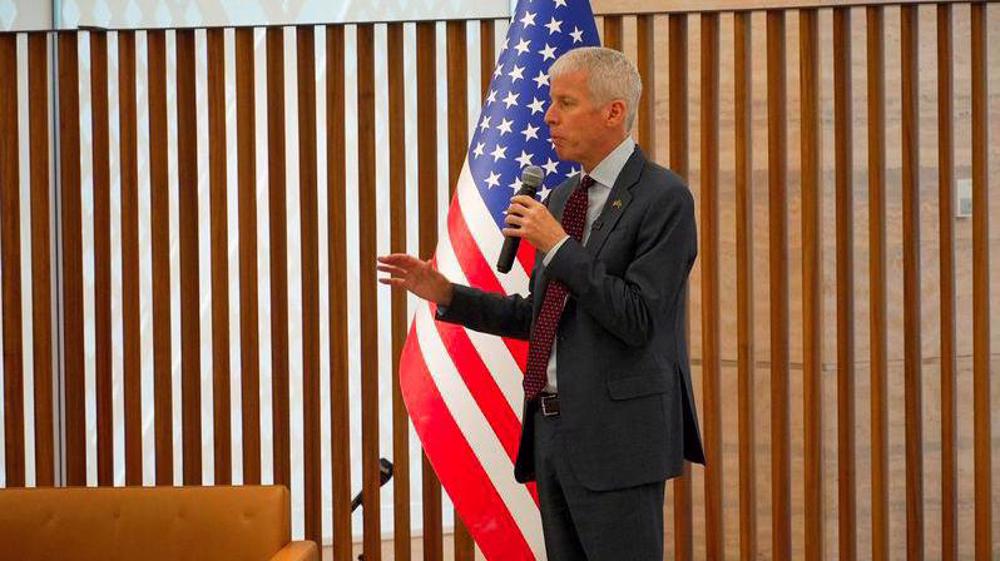
Saudi Arabia, US to sign agreement on civil nuclear program: Energy secretary
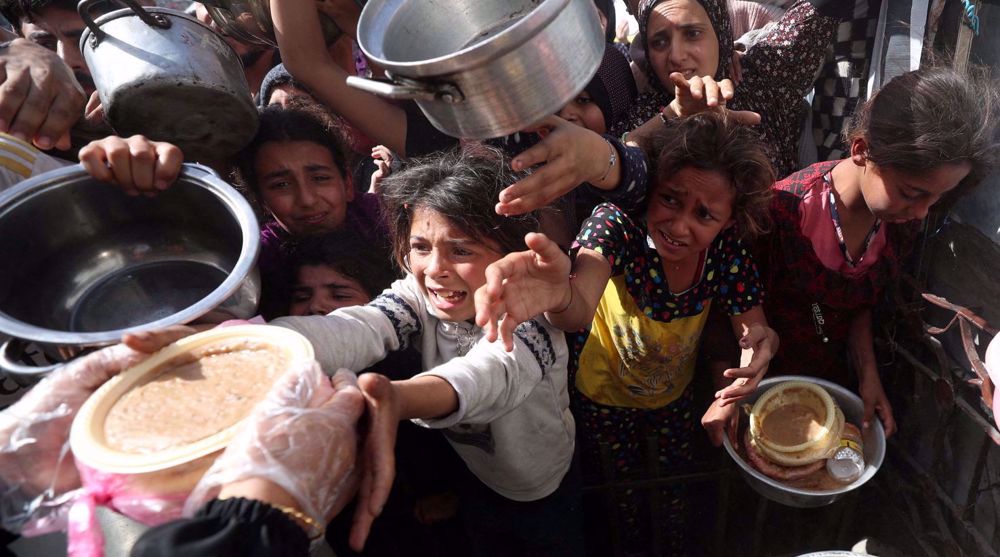
Saudi Arabia calls for 'maximum pressure' on Israel as UN warns of ‘longest Gaza blockade’
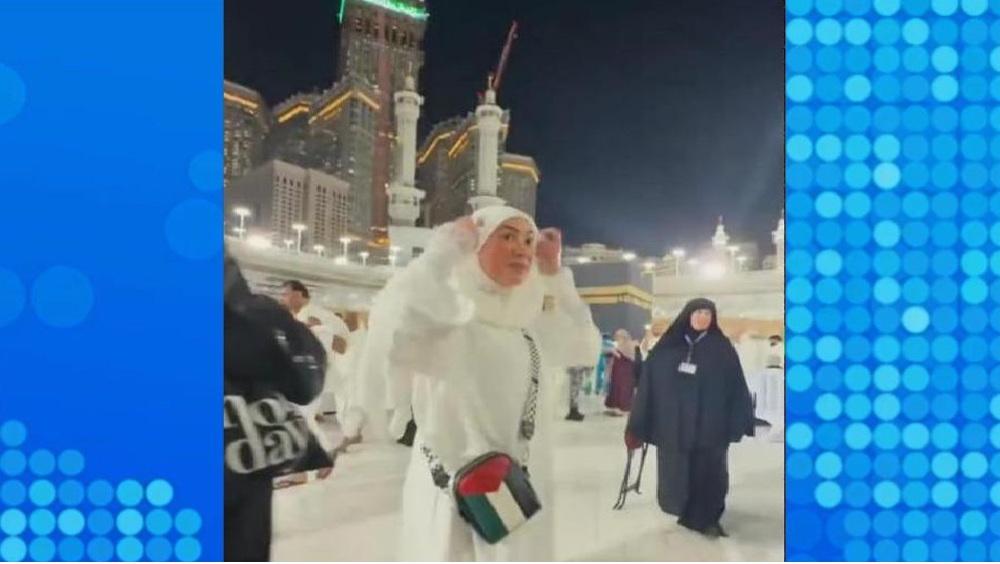
Saudi police ‘detain’ female pilgrim for displaying Palestinian flag in Mecca
US issues fresh sanctions on Iran amid nuclear talks
Hezbollah urges Lebanese govt. to act after Hamas-allied leader assassinated
VIDEO | Heavy equipment needed to clear rubble destroyed in Israeli strike
Hamas urges global strikes, sit-ins to end Israel’s genocide in Gaza
VIDEO | South Koreans push back on Trump tariffs
UNRWA: Gaza ‘land of desperation’ after 50 days of total Israeli siege
VIDEO | Israel massacres 11 Palestinians in Khan Yunis
IRGC a thorn in the side of enemies; no power dares to threaten Iran: Analyst


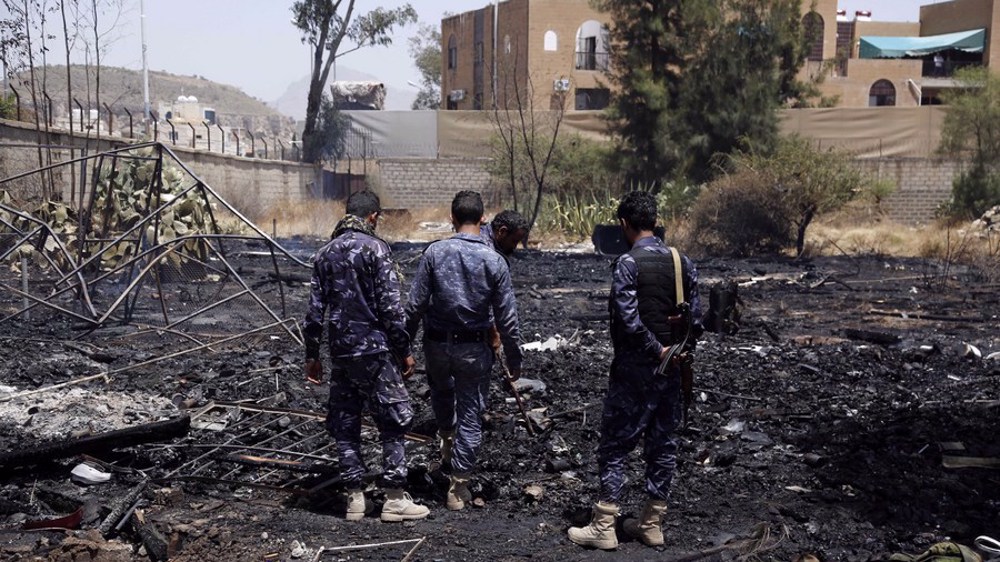
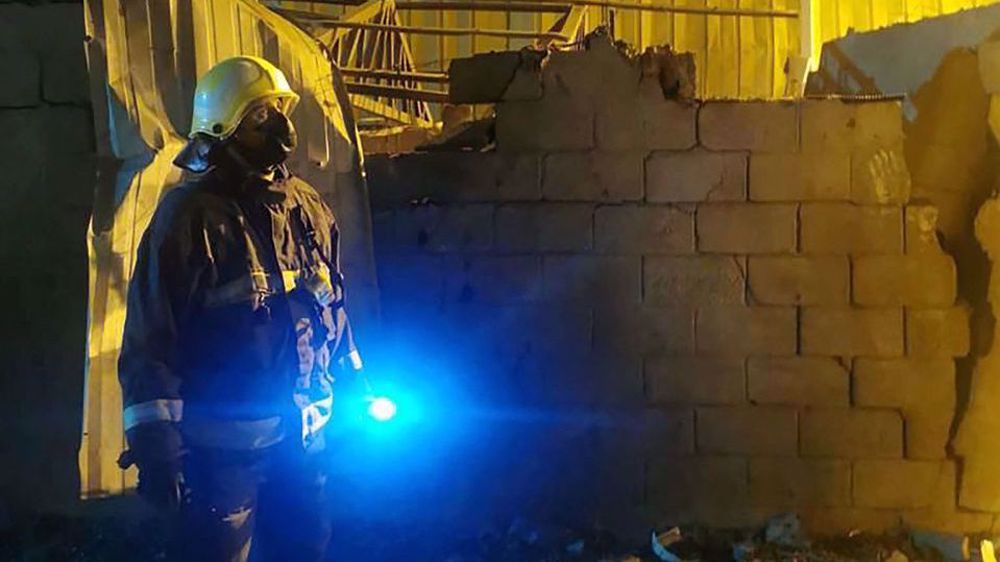
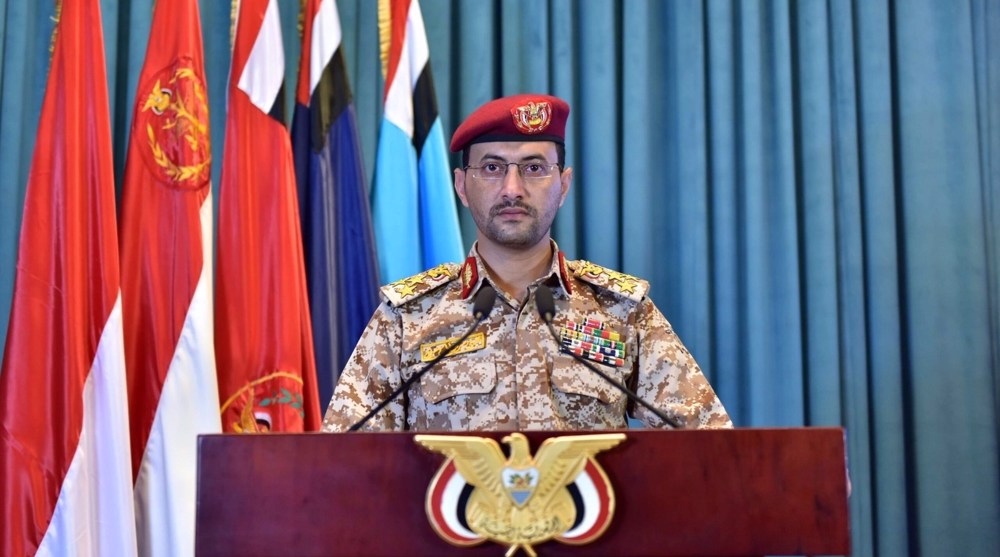
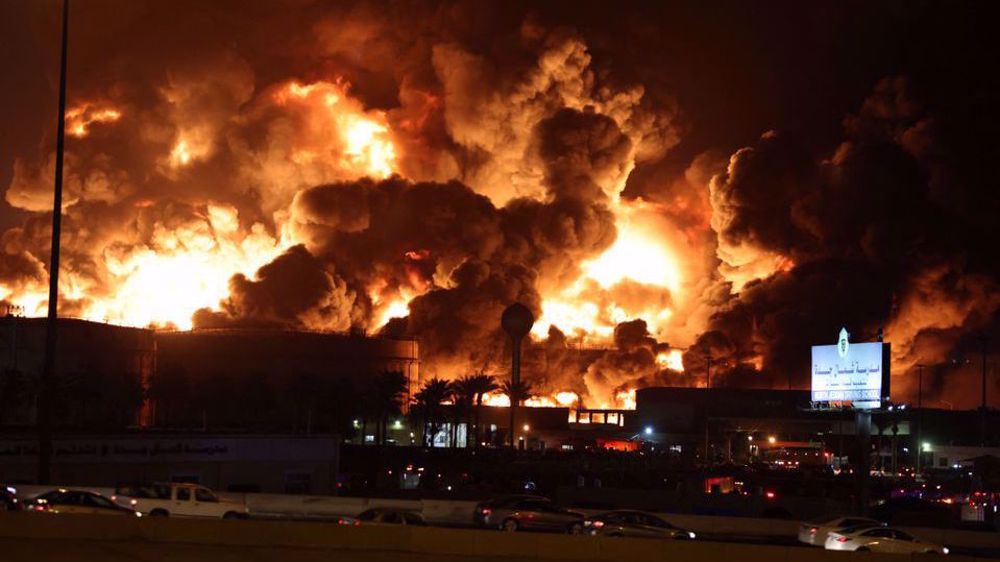
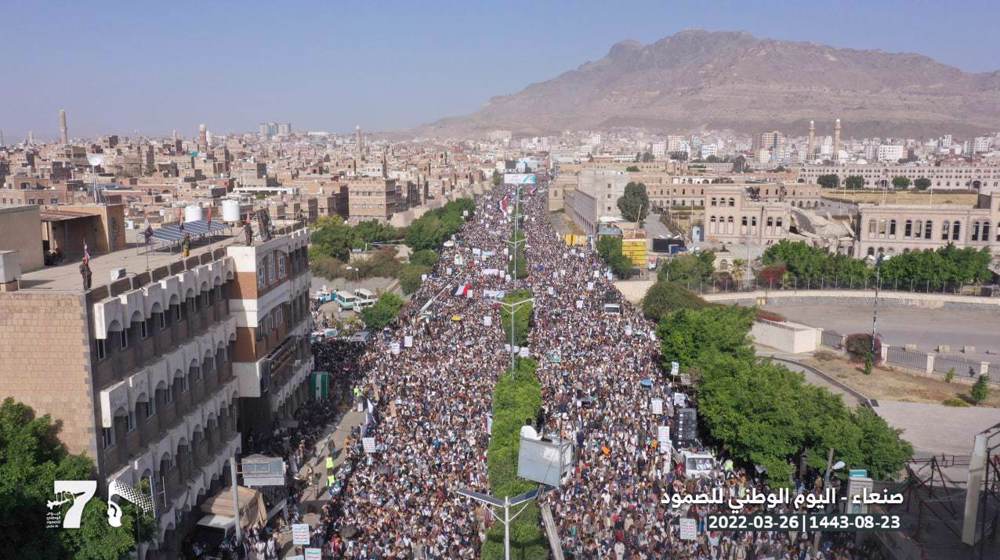



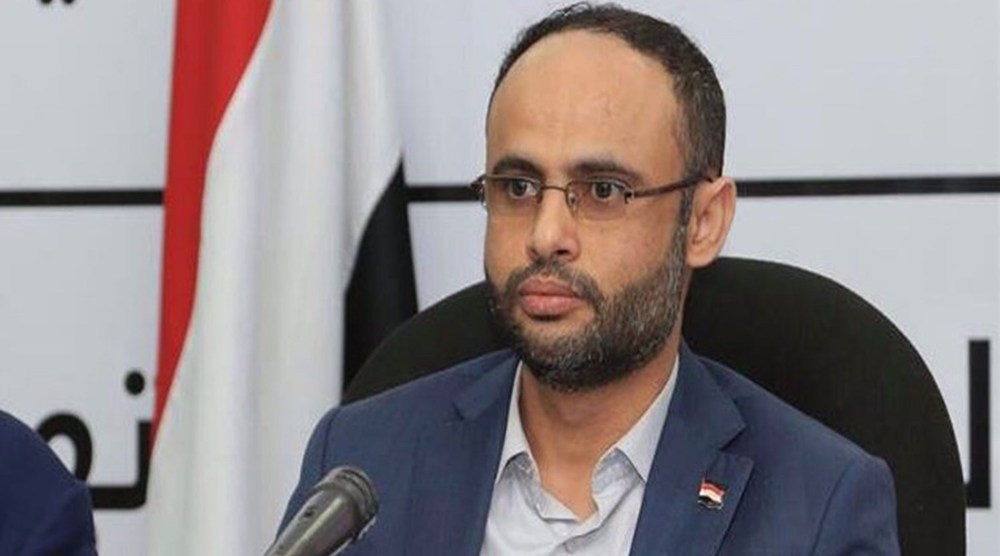
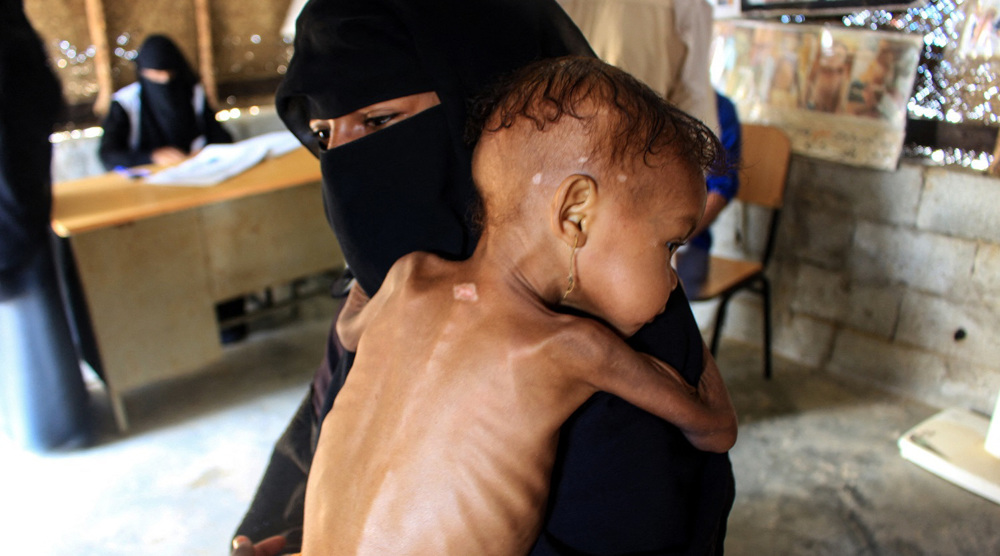
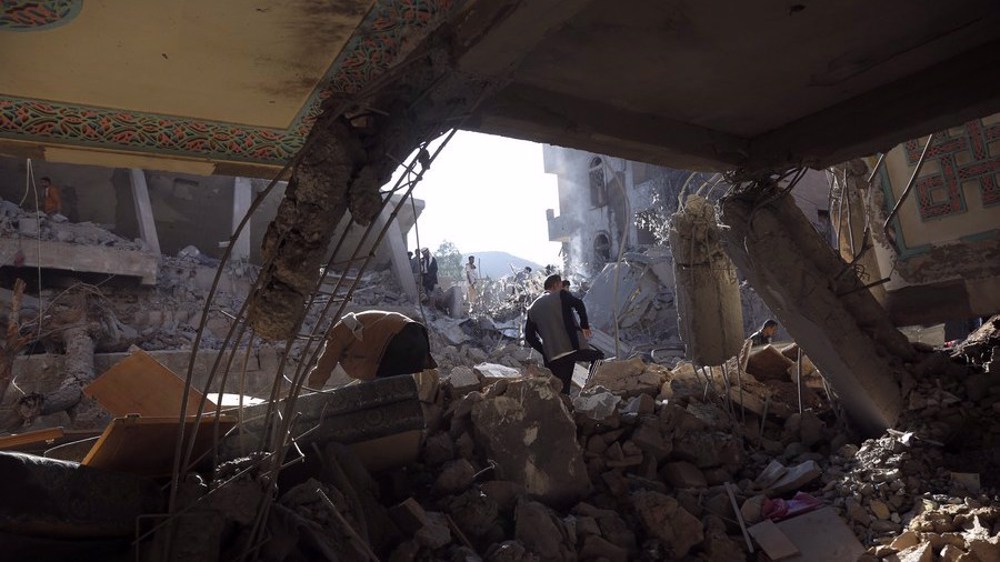
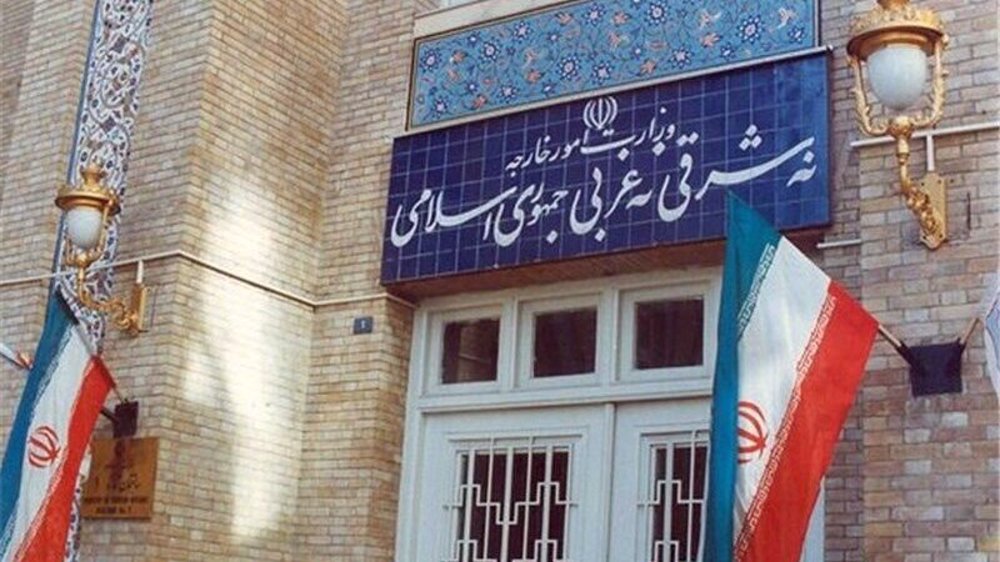
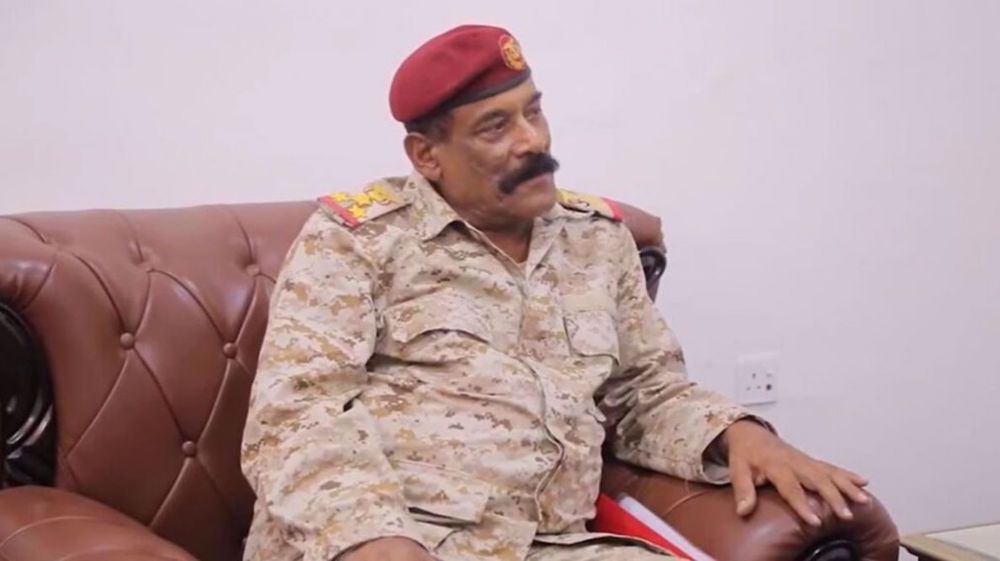
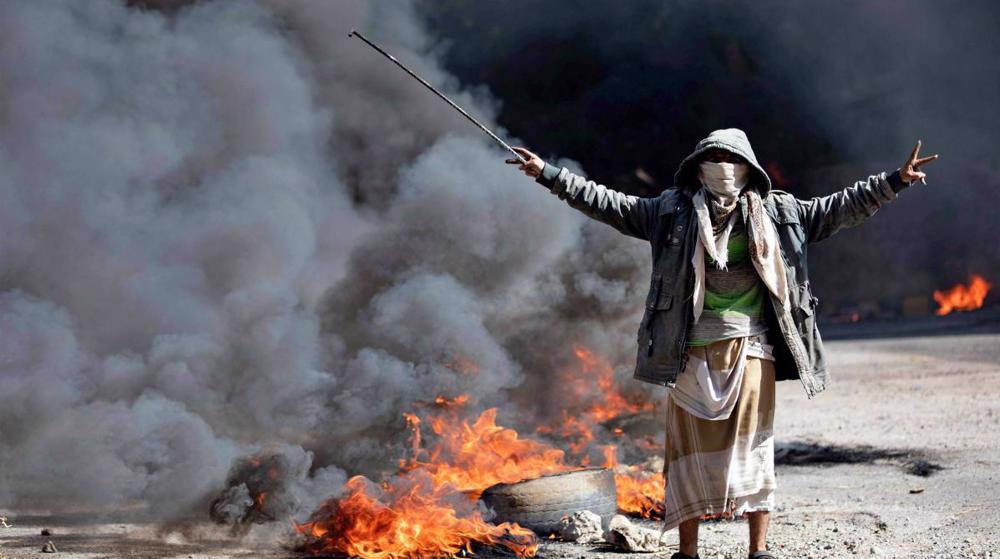
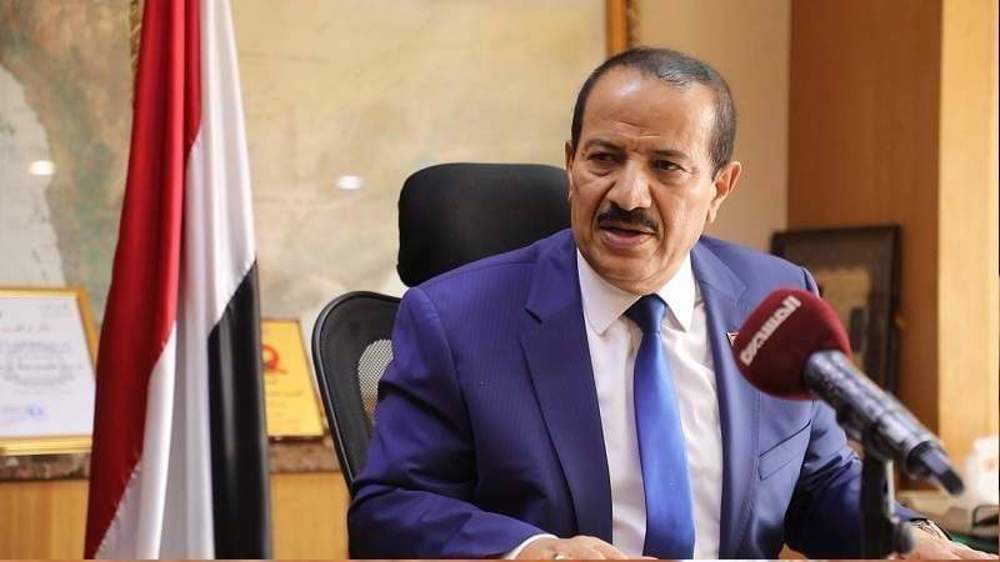
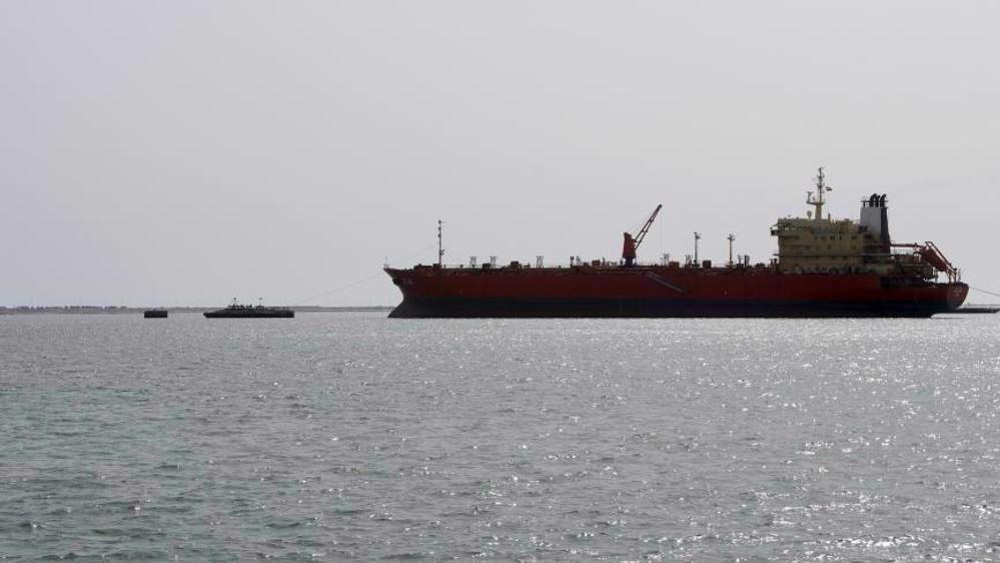
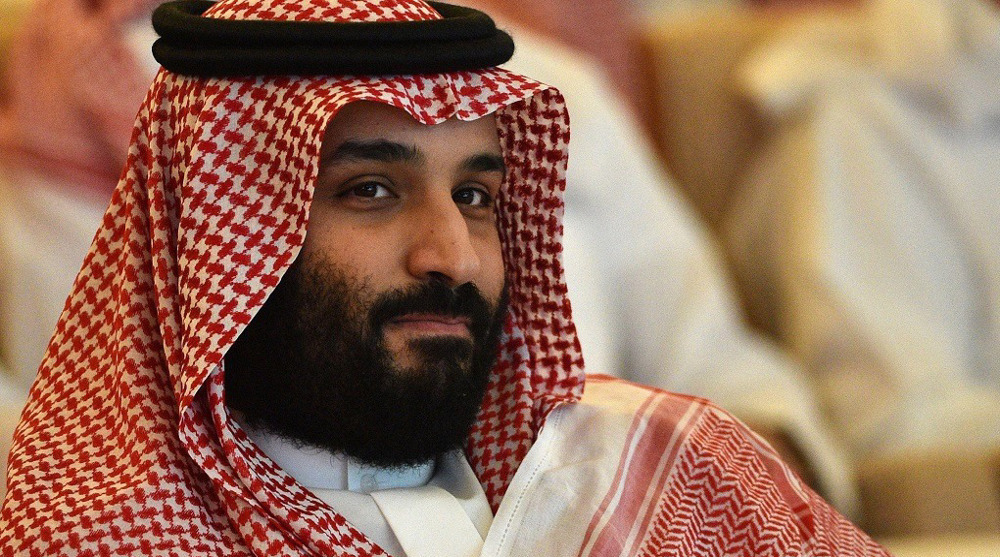

 This makes it easy to access the Press TV website
This makes it easy to access the Press TV website